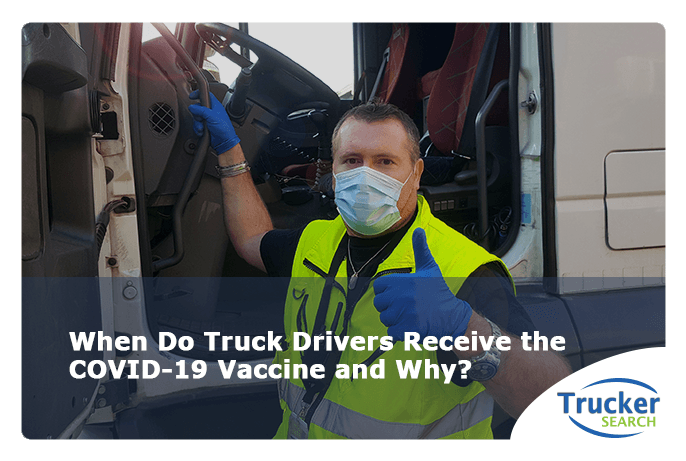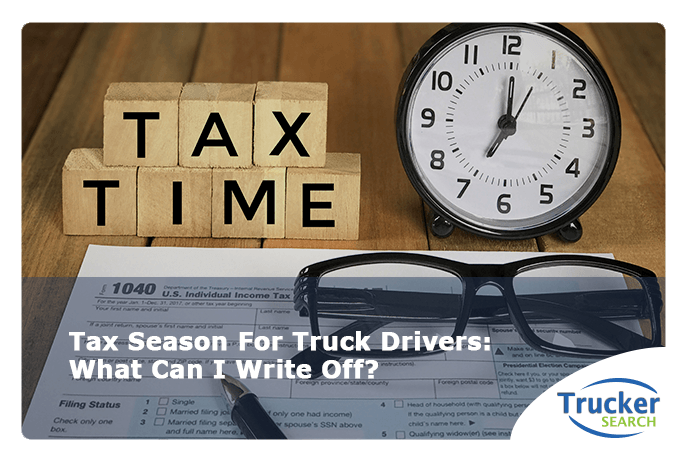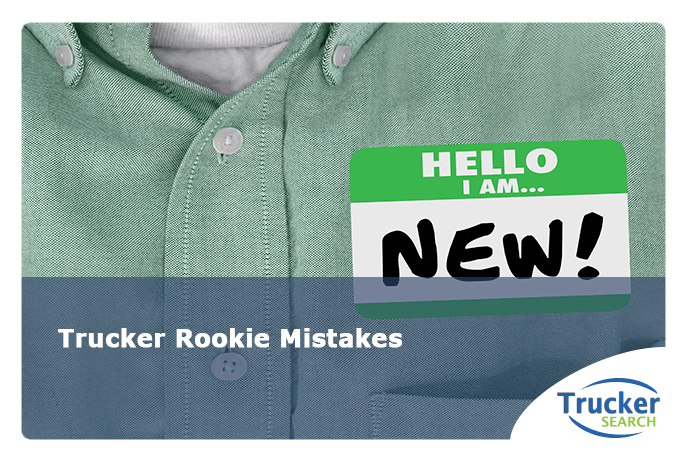The Centers for Disease Control has determined that truck drivers are in the essential workers category. However, there is controversy over the CDC recently pushing transportation workers into the third group of COVID-19 vaccine deployment.
Specifically, it’s the Advisory Committee on Immunization Practices (ACIP) who provides advice and guidance to the CDC on which groups of people receive the COVID-19 vaccine first. ACIP initially outlined that truck drivers would be closer to the front of the line than they are currently.
In its initial recommendation made on December 1st 2020, the ACIP determined essential workers, such as those in the transportation industry, to be in the Phase 1b launch. However, transportation workers have now been moved to “other essential workers” to receive the vaccine in the third round (1c).
Keep in mind that these are recommendations, not a ruling, but the ACIP has determined the timing of the vaccination rollouts in the past and these “recommendations” have been followed to the T.
The fact that truck drivers are not included among the first to receive the COVID-19 vaccination has many people disagreeing with the ACIP’s guidelines.
Seeing as how truck drivers have played such a necessary role in the distribution of goods during this pandemic, as well as currently distributing the vaccines in their trucks, it would seem fair that the drivers themselves would have priority access to the vaccine.
The profession of truck driving entails widespread travel at a time when most people are hunkering down in their homes to avoid the virus. The job puts truck drivers at high risk of both contracting and transmitting the virus. Traveling from state to state and interacting with various people puts truck drivers at a higher risk than most of the general population.
The Importance of Truck Drivers During COVID-19
Truck drivers are still responsible for 71 percent of the freight that is transported within the United States. Now, more than ever, Americans everywhere depend on these drivers for their essential goods. However, since the truck drivers don’t interact with the consumers themselves, these drivers are often left out of the discussion. When the topic of essential workers comes up as vaccines are rolled out, truck drivers aren’t the first people who come to mind.
Truck drivers deserve more recognition in the public’s mind for their work during this time and should receive priority standing as Americans begin to receive the vaccine. In serving the public, truck drivers are risking their own lives to save others’. In order to continue serving Americans, truck drivers should be closer to the front of the line as vaccines are given out.










